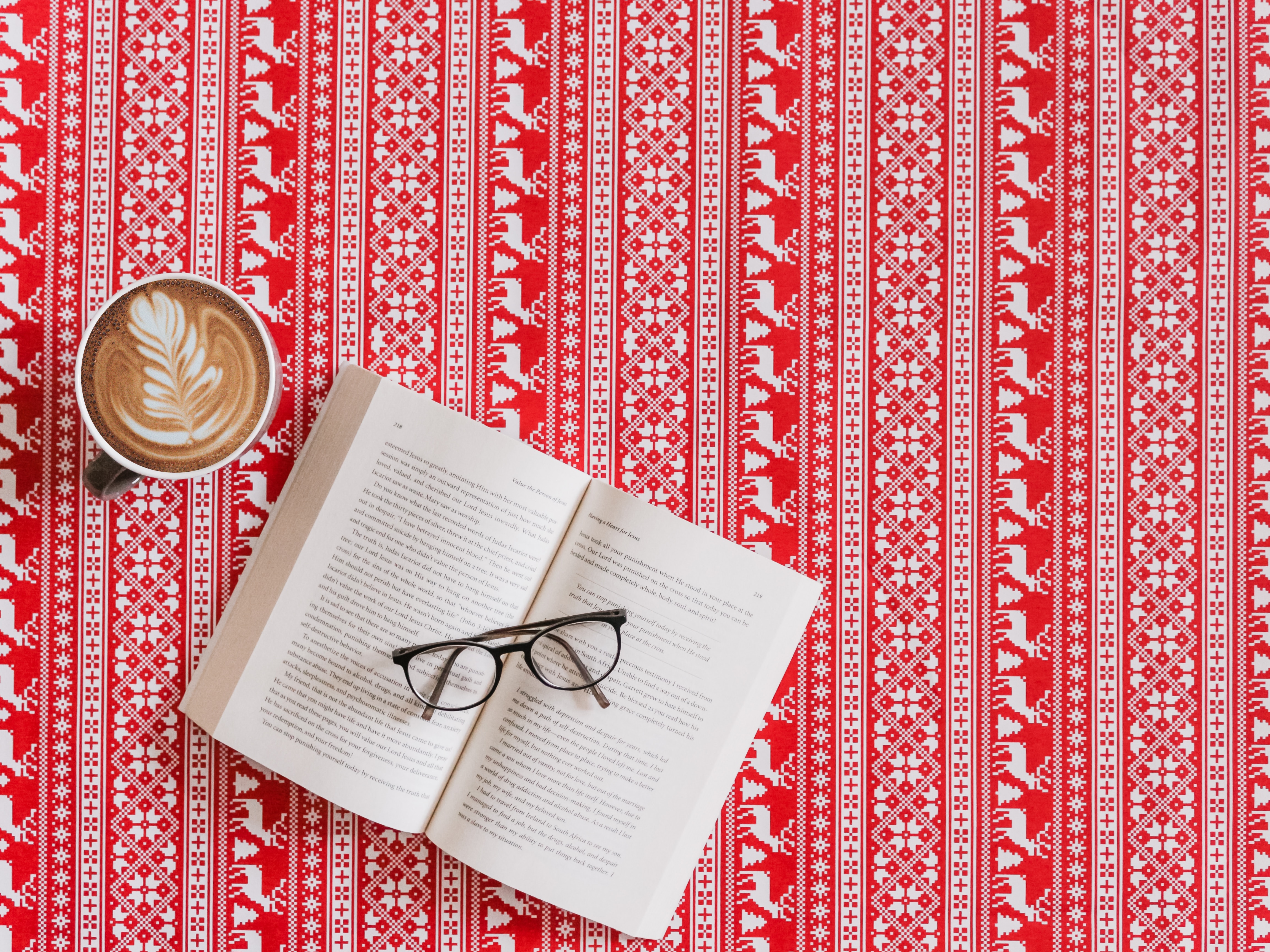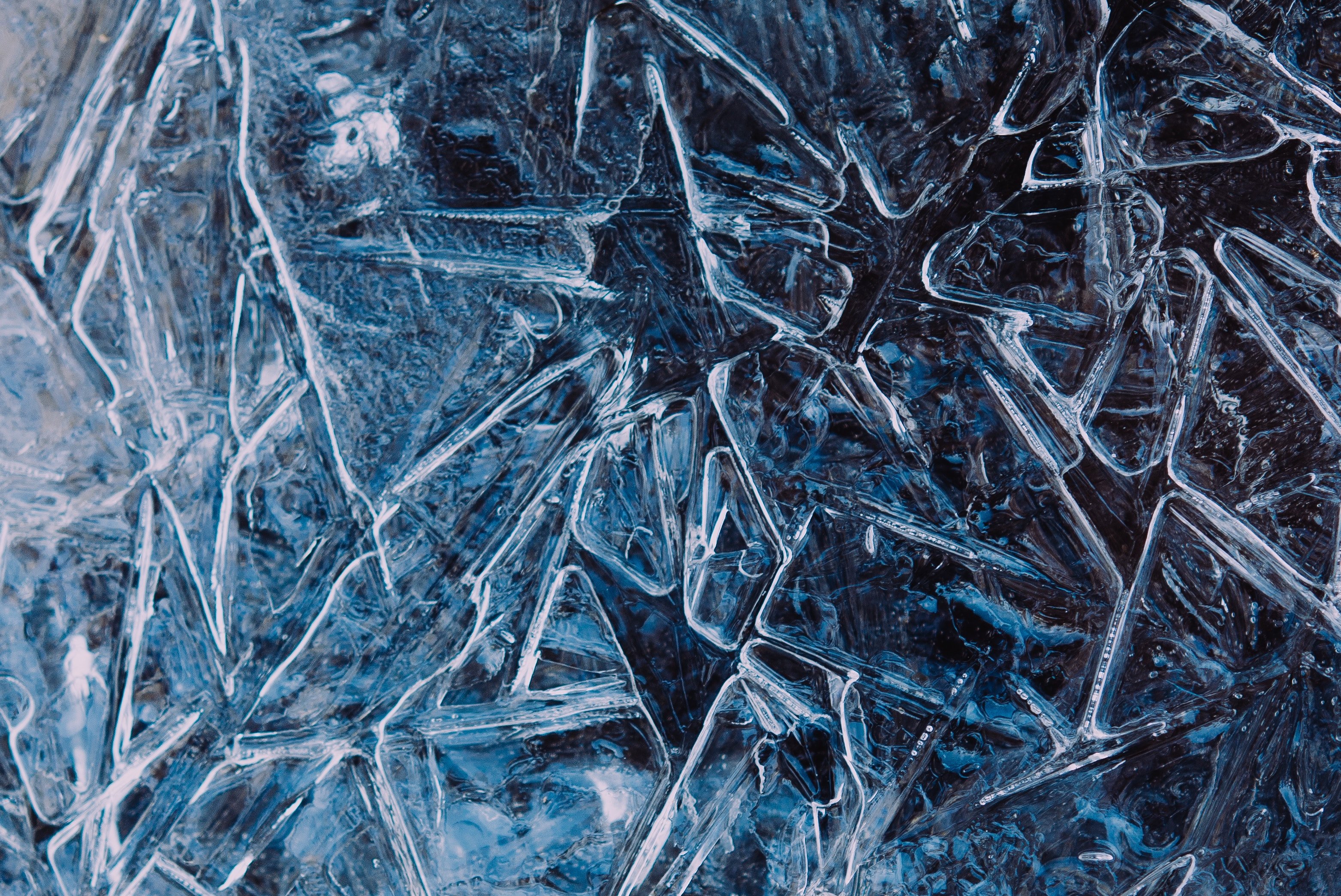
I'm thrilled to announce a few special gifty opportunities for you this November!
Early on when writing The Chef's Secret, I knew that I had two stories to tell, that of Bartolomeo Scappi in the past, and that of his nephew and apprentice, Giovanni, in the present. Giovanni came into possession of journals and letters which told him the big secrets of his uncle's past.
But in the spirit of writing a good story, I couldn't have Giovanni just sit down and read the journals and find out the secrets. I had to make it hard for him. Fortunately, one of the things I discovered about that period in time, was that code was a little bit in vogue.
As the Folger Shakespeare Library tells us:
"The Renaissance was the first great age of mass communication, but it was also the period when the art of secret writing came into its own. The new science of codes and ciphers produced some of the period’s most brilliant inventions, most beautiful books, and most enduring legacies. It left its mark on virtually every aspect of Renaissance culture, including the development of diplomacy and the waging of war, the creation of a postal system, the invention of sign language, and the search for hidden meanings in literature and the visual arts. "
The codes developed in the Renaissance, and in particular, in Renaissance Italy, had a massive impact on how cryptology over time developed.
Today we think of secret codes being meant for military purposes, but in the late middle ages and through the Renaissance, it was used in all walks of life. It was a way for citizens to keep their thoughts private, for lovers to be discreet, and for powerful families to keep their machinations top secret.
Which made my decision to code Bartolomeo's journal a happy circumstance. It fit the period in time, was historically interesting, and also happened to serve the plot of the story well. It also turned out that one of the great cryptologists of the time, Giovan Battista Bellaso was alive at the same time as Scappi, and it is possible they both worked for Cardinal Ridolfo Pio da Carpi. While I didn't make extensive use of that last fact, I did include Bellaso in a scene where he gives Giovanni the information he might need to break the codes mentioned in the journal. Scappi begins using an Alberti cipher wheel for his code, then, as he aged and the secrets in his journal became darker, he eventually switches to the code that Bellaso devises. Giovanni needed to know how to decipher both.
Next I had to figure out the coded passages. Putting the passages into code was tedious and not terribly easy. Plus, Bartolomeo was writing in Italian, so I felt it important to write it first in Italian, then code it. Fortunately there are a great number of resources online that are available, including a site that helps you decipher several different types of code.
But one of the coolest places I found to help me was Creative Crafthouse, which makes gorgeous wood reproductions of a variety of things, including Alberti cipher wheels. I quickly bought myself one and I love taking it to readings to show people.
So, how do you use a cipher wheel? Well, as you might know if you read the passage about the cipher wheel in my novel, it's not easy to explain. So I'll let the Ciphertown team show you one of the ways to use the wheel for poly-alphabetic substitution.
I leave you with one other cool fact. Bellasso issued a general challenge to solve some of his cryptograms. One of the clues to a particular puzzle was this: ‘‘The cryptogram contains the explanation why two balls, one in iron and one in wood, dropped from a high place will fall on the ground at the same time.’’ It's clear that this is about gravity, and the law of the free-falling bodies, but what makes it most interesting is that it was delivered forty years before Galileo did his Leaning Tower of Pisa experiment. And additionally, no one, as of yet, has solved the cryptogram!

I'm thrilled to announce a few special gifty opportunities for you this November!

The holidays are past, and January is off to a shivery start in most places. In New England, it's really just the start of winter, with February at it's deep, dark,...